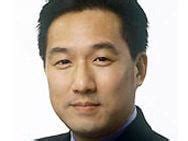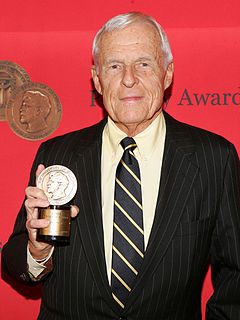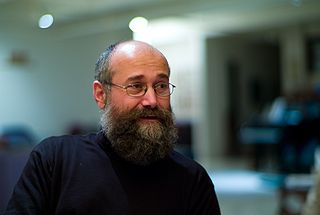A Quote by Henry Rosovsky
The strong point of American research universities is the manner in which trustees, presidents and other senior executives retain a considerable amount of decision-making authority while at the same time maintaining a culture of open exchange and participatory debate.
Related Quotes
If we want to identify the great success of American research universities, and that success goes far beyond Harvard, we have to come back to the question of governance. Excellence requires a firewall between trusteeship, or government ministries, and the academic decision-making process. This American concept of shared governance wherein the faculty are engaged in running the university as part of a collaboration with the other stakeholders.
We have emphasized the importance of applied action research because it allows evidence-based policy and program development and a focus on learning. We are also committed to using a participatory approach in which local people, local program managers and providers, local researchers, women's health activists, and national decision-makers play the leading role. International "experts" from technical assistance agencies or universities can make important contributions, but they certainly don't have all the answers.
The same educational process which inspires and stimulates the oppressor with the thought that he is everything and has accomplished everything worth while, depresses and crushes at the same time the spark of genius in the Negro by making him feel that his race does not amount to much and never will measure up to the standards of other peoples.
The value of a decision as a precedent is very much enhanced by the care with which it has been considered, and if the opinion itself shows that other decisions of the same court, or of other courts upon the same point, have been reviewed and examined, it adds to the value of the decision made on each consideration.
We wanted to see how access to care can be expanded and service quality can be improved when one uses a participatory approach to program development. We showed that major changes become possible if you work in a participatory manner, listen to local people, diagnose what the problems are, provide training and identify where there are opportunities for mobilizing local resources to take action. In time leaders from other municipalities expressed interest in replication and the project succeeded in expanding innovations to three other areas.
The constant drive for campaign dollars has distorted decision-making in Washington, DC, to the point where our systems can no longer effectively address complex, long-term problems like the climate crisis. Which brings me to my other major concern - the short-term focus of capitalism. It distorts the allocation of resources and the decision-making processes of companies.
In management terms, directing opera certainly prepares you for a film set: the magnitude of it, the experts in other fields that you have to call on. Both are massive ensemble jobs in which there's incredible pressure to get things done on time and on budget - so much so that making the wrong decision may be better than making no decision at all.






























